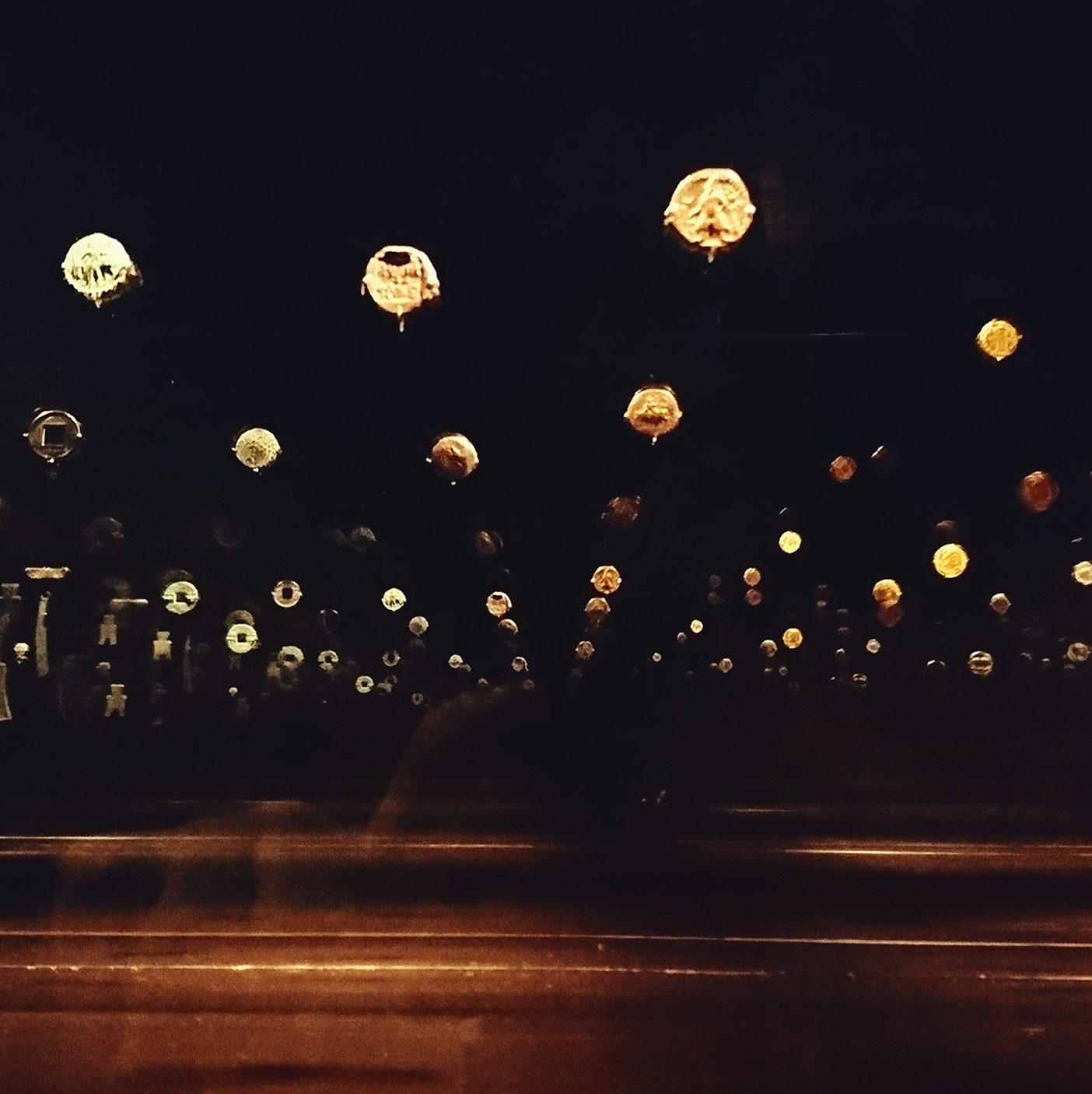Kí ức là cơ sở cho phép chúng ta cấu thành nên nhận thức về bản thân (bản sắc), cả trên mức độ cá nhân lẫn tập thể. Đổi lại, bản sắc lại liên kết với thời gian. Một cá thể con người là một “diachronic identity” được xây dựng từ “the stuff of time” (các vấn đề của thời gian). Sự tổng hợp của thời gian và bản sắc lại được tạo ra bởi kí ức.
Author archive:
Linh Phamvu
In this week, we discussed some chronicle terms in terms of environmental sustainability: Anthropocene, Planetary Era and on being an Earthling. The controversy over the agreed start date of Anthropocene- a proposed geologic-time term denoting when human beings began to leave their footprint on the planet, has profoundly reflected the differences in the way how serious people perceive their significant impacts on the Earth system… The second part of the session was about the impacts of unexpected consequences of every human activity which are measured absurdly by the emission of carbon…
Traditionally, it was believed that the flow of culture was initially started in the Near East and then spread to India and China before being adopted in Southeast Asia afterwards. In fact, in the last decades, there are many archaeological excavations indicated that Southeast Asia, not India or China was the cradle of cultivating plants, making pottery and casting bronze- criteria of a primitive culture beginning thousands of years earlier than in the Near East, India or China.
Contemporary Vietnamese history was marked by a complex and bloody chain of political events in the 20th century which was perceived as the main trigger to the transitions in the very foundation of the society: the end of the colonial wars, the return of peace in 1975, and the economic reform which is known as Đổi Mới (Renovation) in 1986.
